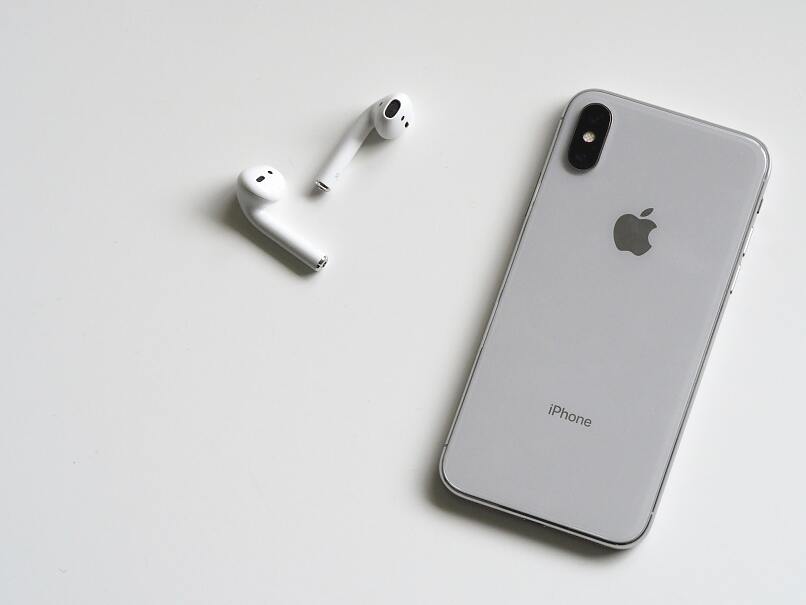Apple Restricts Employee Use of ChatGPT

According to The Wall Street Journal, Apple has recently imposed restrictions on its employees surrounding the use of generative AI tools, such as OpenAI's ChatGPT. The company's concerns revolve around the potential for confidential information to be collected and potentially leaked through these AI systems.
Apple has also cautioned its workforce against using GitHub's AI assistant, Copilot, an AI tool owned by Microsoft. The inclusion of ChatGPT in Apple's list of prohibited software, as reported via a tweet by Bloomberg journalist Mark Gurman, may have been in effect for several months.
By default, OpenAI archives all user interactions with ChatGPT, which is used to train its AI systems. OpenAI's moderators can review the retained conversations to ensure the company's terms of service are not breached.
But, OpenAI has faced recent issues with data breaches, most notably a bug in March that exposed user payment information and initial conversation messages. The event led to Italy introducing a temporary ban on ChatGPT.
In response to these privacy concerns, OpenAI introduced a feature in April that allows users to deactivate chat history. This prevents the chat data from being used to train the AI model. However, even with this feature active, OpenAI keeps the chat data for 30 days, allowing it to monitor it for inappropriate usage before permanently erasing it.
Given that ChatGPT can be used to enhance coding efficiency and facilitate idea generation, it is conceivable that Apple is apprehensive about its employees potentially inputting sensitive project details into the system. OpenAI's moderators could potentially access such data. A data breach or leak could also spill confidential information online.
This move by Apple follows a similar action taken by Samsung last month after an accidental leak of sensitive information. Other large corporations, including JPMorgan, Amazon, Bank of America, and Citigroup, have also prohibited using ChatGPT to safeguard company data.



Please, comment on how to improve this article. Your feedback matters!